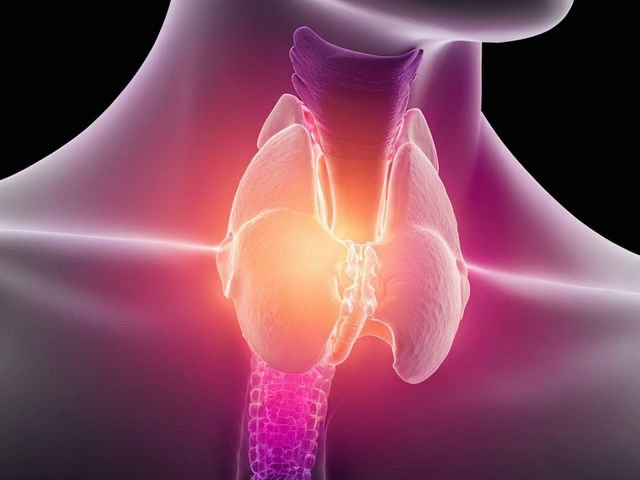Sickness Recovery: Simple Steps to Get Back on Your Feet
Feeling under the weather? You don’t have to wait weeks to feel normal again. A mix of good habits, the right supplements, and smart medication choices can cut recovery time dramatically. Below are everyday actions you can start right now to speed up healing.
Everyday Habits that Speed Up Healing
First off, sleep is your body’s repair crew. Aim for 7‑9 hours of uninterrupted rest; the extra REM cycles boost immune cell production. If you struggle to stay asleep, keep the room cool, dim the lights, and avoid screens an hour before bed.
Hydration matters just as much as rest. Water transports nutrients, flushes toxins, and keeps mucous membranes moist. Target at least 2‑3 liters a day, but add herbal teas like ginger or peppermint if plain water feels boring. Both ginger and peppermint have mild anti‑inflammatory effects that can soothe a sore throat or upset stomach.
Nutrition is another game‑changer. Focus on easy‑to‑digest proteins (eggs, Greek yogurt, lean chicken) and colorful vegetables that supply vitamins C and A. A quick bowl of homemade chicken soup delivers electrolytes, protein, and the comforting warmth that encourages deeper breathing.
Smart Use of Supplements and Medications
When food isn’t enough, consider targeted supplements. Our recent guide on European chestnut extracts shows that chestnut tannins can reduce inflammation and support gut health—great if you’re battling digestive woes. Follow the dosage instructions on the label and choose a product that lists *Castanea sativa* as the main ingredient.
If allergies are keeping you down, levocetirizine can calm itchy eyes and sneezing without the drowsiness of older antihistamines. The drug works fast, but if your symptoms include eye redness, pairing it with a preservative‑free eye drop can give quicker relief.
For those with chronic conditions like high blood pressure, don’t skip your prescribed meds. Metoprolol, for example, may cause tiredness, but staying active with short walks can offset that feeling. Always talk to your doctor before adjusting doses.
Short‑term drug holidays are sometimes useful. If you’re on alendronate for osteoporosis, a pause after a few years—based on your T‑score and fracture history—can lower the risk of rare side effects while still protecting bone density. Follow a doctor’s guidance to avoid gaps in treatment.
When you can’t find a medication, look for safe alternatives. A hydroxyzine shortage? OTC antihistamines like diphenhydramine can fill the gap, though they may cause more drowsiness. Adjust the dose gradually and monitor how you feel.
Lastly, mental health influences physical recovery. Stress hormones can weaken immunity, so practice simple relaxation techniques: deep breathing, a 5‑minute meditation, or listening to calm music before bedtime.
Putting these steps together—rest, hydration, balanced meals, targeted supplements, and responsible med use—creates a solid recovery plan. You don’t need fancy treatments; consistent, sensible actions give your body the tools it needs to heal faster.
Ready to feel better? Start with one change today—maybe an extra half‑hour of sleep or a cup of ginger tea. Small tweaks add up, and before you know it you’ll be back to your usual routine.
The Benefits of Music Therapy for Sickness Recovery
Discover the incredible healing power of music therapy for those experiencing sickness. This article explores how music can enhance mood, reduce stress, and improve overall well-being during recovery. Delving into the science behind it, you'll find practical ways to incorporate music therapy into daily routines. Learn about success stories and evidence supporting music as a potent tool for better health. Transform your recovery journey with these actionable insights on music's soothing capabilities.





